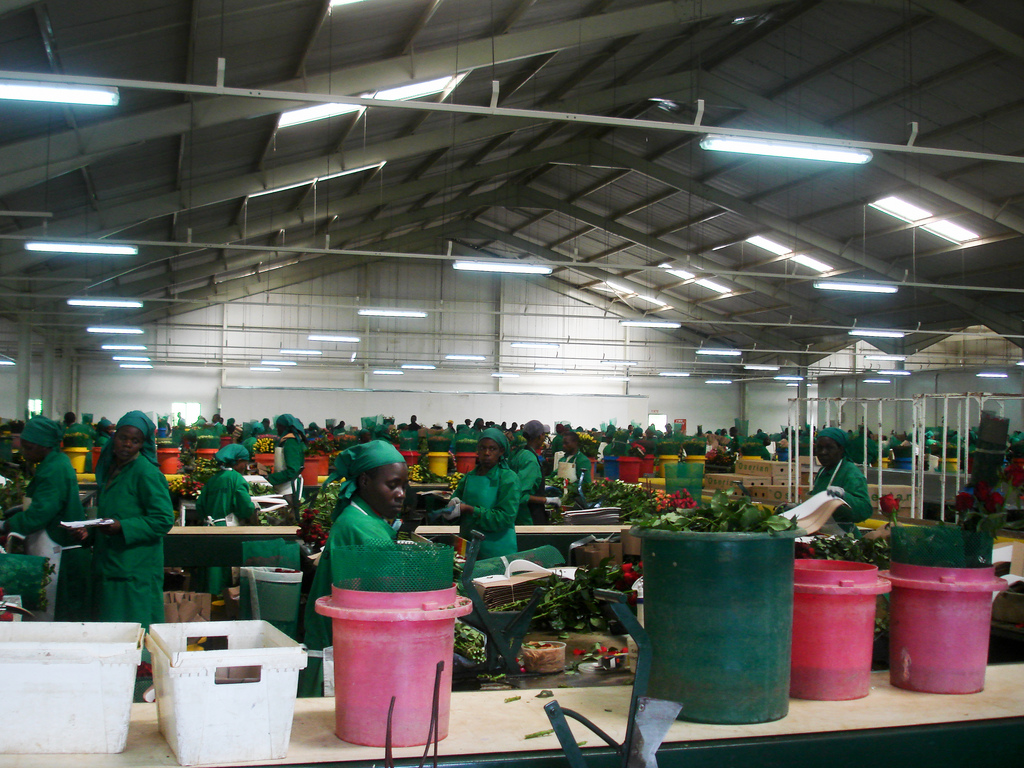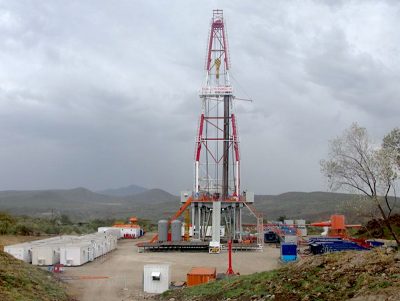Kenyan flower company utilizing geothermal power and heat
Oserian Flowers, a horticulture company, in Kenya utilizes geothermal energy through its own geothermal power plant, heats its greenhouses by night and even uses CO2 emissions from the geothermal steam.
Oserian Flowers, a horticulture company at Olkaria in Kenya, East Africa, is probably not as obvious as other companies in Africa to utilize geothermal energy. But Oserian has for the past few years used cheaper power from its own geothermal power plant for its operations close to the Olkaria geothermal field in Kenya.
The company is exporting over 400 million stems of roses annually. Most of those exports are going to the United States and Europe.
The firm has invested about $12 million in a 3 MW geothermal power plant that covers about 98 percent of its electricity needs, which helps the company to circumvent usual power blackouts in the country. The cost savings for the company are with about $3-4 million annually quite substantial.
Instead of 0.23 Kenyan shillings, the company considers its cost to be 0.07 shilling per kWh.
The company is planning to increase its geothermal power generation capacity and sell its excess electricity into the national grid of the country.
But the company not only utilizes geothermal power, but also the heat, as for efficient growing of flowers the company needs to heat its greenhouses at night. Another unique feature is that the company utilizes the carbon emissions from the geothermal steam, which it injects via pipes to the greenhouses as plants require carbon dioxide for photosynthesis.
We have experienced a 10 percent increase in crop production as a result,” says the firm’s Geothermal Manager Fredrick Apollo. The company also uses the steam to sterilize and eliminate fungus from the water that is piped to the plants.
“This is a great cost saving measure as it eliminates the need for fungicide,” he said. The company also maintains an integrated pest management system that uses biological methods to control pests.
Source: Xinhua via Coastweek


















